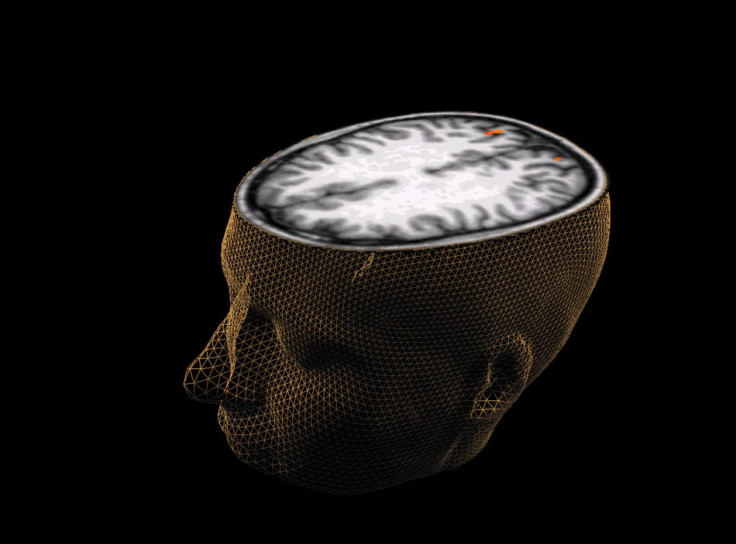Brain Scans Could Predict Criminal Behavioural Patterns, Claims Scientists

A leading neuroscientist says that brain imaging of murderers and violent criminals can be used to predict the likelihood of them re-offending and guide parole decisions.
Adrian Raine, of Pennsylvania State University, claims that new experiments show neurological evidence is a reliable means of assessing the likelihood of a criminal committing another offence if released.
"I'm not talking about perfect prediction. But can we improve it from where it stands today? Yes we can," he told the Times.
"Every single day we make individual decisions on who to release early because we don't think they are a risk to society, or whether we put them in prison, or give them community service. If biological data is giving added value and does reliably associate, won't ultimately those prediction decisions become more accurate? And isn't that in everyone's best interest?" he said.
In the past, there has been controversy over linking biological profiling to criminal behaviour. In the 19th century phrenologists claimed to be able to predict criminal behaviour through skull shape. In Nazi Germany racists policies were founded on biological pseudo-science, leading to these approaches being discredited after the war.
But professor Raine argues that evidence from brain data is a more reliable indicator of reoffending patterns than the sociological data now routinely used.
"There is evidence that the brain data is predicting over and above social data who is going to reoffend," he said.
In a recent study published in the PNAS journal, 96 male prisoners had MRI scans before being released from prison. Four years later, researchers caught up with the men, and found that those who had shown low activity in the anterior singulate cortex of the brain, which is associated with the regulation of behaviour, were 2.6 times more likely to reoffend than those with higher activity in that area.
Another study showed that if a prisoner has a significantly smaller volume in the amygdala, a part of the brain crucial for processing memory and emotion, that person is three times more likely to reoffend.
The data was up to 4.5 times more reliable as an indicator of reoffending patterns than information factors such as age and drug habits currently used.
Kent Kiehl, a neuroscientist at the Mind Research Network in Albuquerque, New Mexico, led the research. He said: "We think this has huge implications for potential remediation. This is the first study to show that brain scans predict future antisocial behaviour better than any other variable that was collected."
However, critics were sceptical that the techniques were ready to be applied in actual cases.
Vaughan Bell, a neuroscientist at King's College London told the Times: "This study was good science, but to suggest it could be even slightly useful in real life is an exaggeration."
However in his new book, The Anatomy of Violence, Searle envisages a future in which everyone could be scanned for brain patterns associated with criminality.
"If there was the opportunity for screening at school or through a GP programme, would I do it? Well, if my kids had problems, as a parent I would want to know about them and I would want to know how I might deal with them. If you brought in such things as emotion regulation and impulse control, which we know are risk factors for behaviour, then to me, as a parent, I would sort of want to know what could be done to help with those," he told the Guardian.
© Copyright IBTimes 2025. All rights reserved.






















